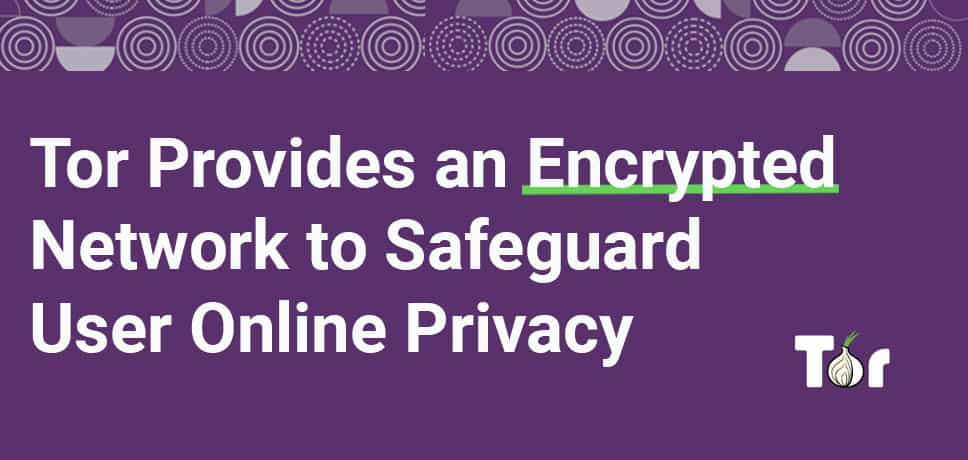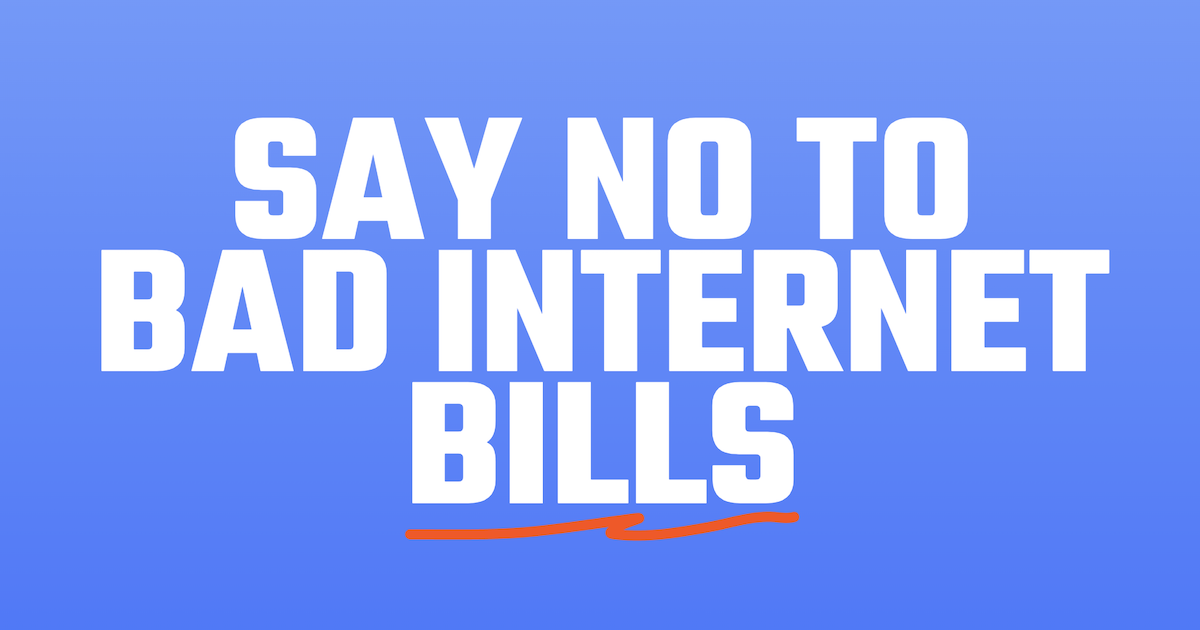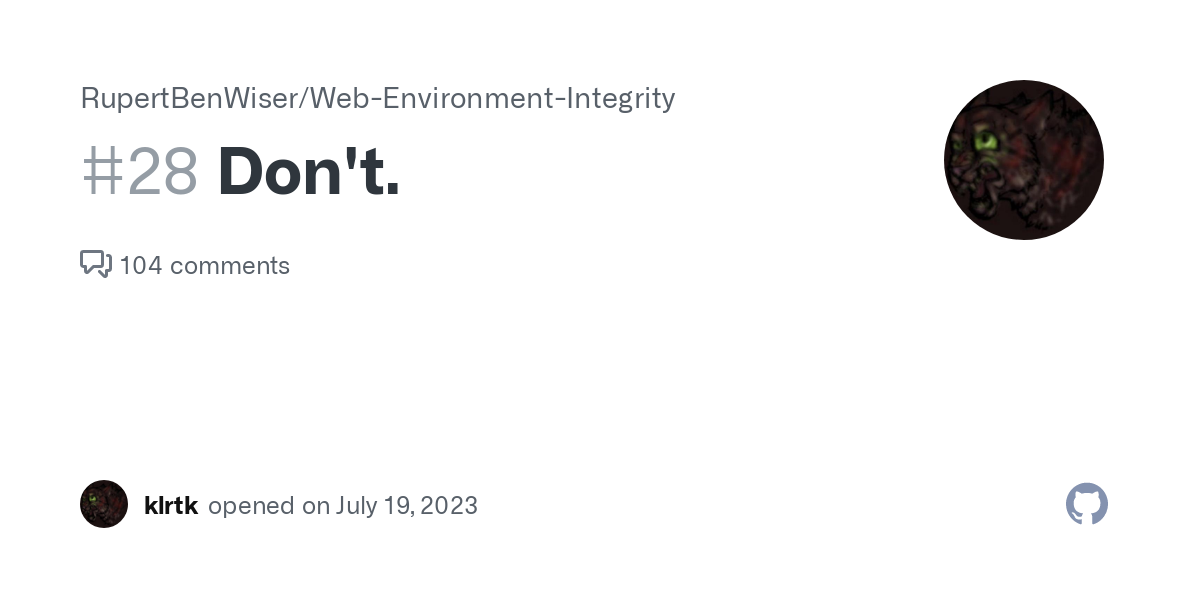The nature of Monero address is public (it can be used publicly to receive xmr), and you don’t want to use a public string as a secret password. Practically, though, if it’s possible for you to keep it absolutely secret and safe, you’re free to do so at your own risk.
If it’s the main address starting with “4” and later you happen to decide having fun p2pooling using the same address, then obviously that’s not good. To avoid unnecessary worries, perhaps making it a random string, like @Unkn8wn69 said, is a good idea.
Technically, since the string length of a monero address (hence the name space) is finite, it’s not guaranteed to be unique, though the probability of collision is vanishingly small and this won’t be a real concern at all.








Try not to take things too personally. Tails devs explicitly said they were making it for regular people (activists, journalists, domestic violence victims, etc.) and mainly not for advanced users. So by design it’s a normie-friendly OS (a user is not even expected to know how to use pgp); as such, one might generally assume its users may not be “geeks”. Nothing personal there.
While asking questions and exchanging ideas are wonderful, one can also enjoy the freedom to study (one of the four essential freedoms), guessing, narrowing down a problem by trial and error. An attempt at solving the problem on one’s own is often of great value, a great way to learn, even if it’s unsuccessful; after that, one might be able to ask an even better question, which could be helpful for more people too. Either way, I think that most Monero users can happily agree with each other that we want a better version of bisq :) (Sorry if this comment is uncalled for.)
Imho (quite) a few users ditched monero.town when they had started blocking Tor.